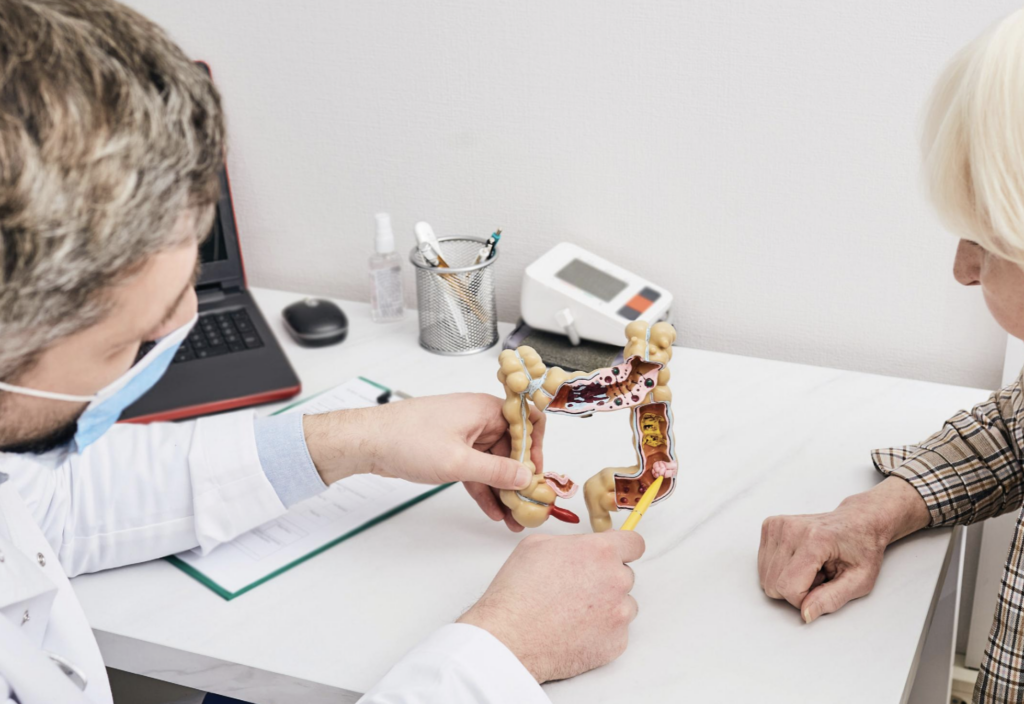
Screening for Colorectal Cancer
By Lucy Shaffer, CGRN
The age for a colonoscopy screening was previously recommended to happen when you turned 50. After an increase of patients diagnosed with colon cancer in people younger than 50, the recommended age for a screening colonoscopy was lowered to 45.
Colorectal cancer is the 2nd leading cause of cancer deaths among cancers that affect both men and women. Symptoms usually do not appear until the disease has spread.
What is a Polyp?
A small growth in the colon is called a polyp. Colon cancer usually originates from the growth of polyps. Small polyps do not cause pain and can grow undetected without symptoms. The best way to detect and remove polyps is by having a screening colonoscopy. A well prepped colonoscopy is also the only way to remove a polyp.
What is a Screening Colonoscopy?
The screening procedure is called a colonoscopy. This is the only way to detect if there are any polyp growths in a colon. These screenings are important, because they can detect a problem early when it is most curable. A colonoscopy is a safe procedure that is performed with sedation.
When is it time to begin screening?
• If you have no family history of colon cancer
• If you have no symptoms
• Age 45
• A screening colonoscopy should be performed sooner if you have symptoms of rectal bleeding, have had a change in bowel habits or if you have a family history of colon cancer. Consult your physician if they do.
What happens if I don’t get a screening colonoscopy but there could be polyps in my colon?
A polyp can be safely removed during a screening colonoscopy. If a polyp is not removed, and is allowed to continue to grow, it has a potential of turning cancerous. By getting a colonoscopy, you are detecting and removing polyps before they can become cancer.
Risk Factors You Cannot Control
• Genetics
• History of polyps
• Inflammatory bowel disease
• Age
• History of colon, breast or ovarian cancer
Risk Factors You Can Control
• Obesity
• Inadequate Exercise
• Tobacco Use
• Alcohol consumption beyond recommendations
What can I do to help myself?
• Diet and good physical health
• Diet can play a role to decrease colon cancer: Eat foods high in fiber and low in fat and limit red meat and processed foods.
• Good physical health and exercise can decrease the risk of colon cancer up to 24%. American Cancer Society recommends 30 minutes 5 days a week.


“With other types of screenings, you can see, feel and touch what you’re evaluating. Like breast cancer. You can’t do a self evaluation for your colon like you can do for your breasts. You can’t feel a polyp. And if you have a polyp, your symptoms may occur after a polyp has progressed too far.
A screening colonoscopy is such an important screening because it actually gets inside the colon with a camera visually looking for small growths. We’ve made such good progress over the last 25 years and that is why colon cancer is decreasing. Because we’re catching it and finding polyps so much earlier!” says Lucy Shaffer, Certified Gastroenterology RN.
Scheduling a colonoscopy requires a referring physician. If you need to find a provider, please visit www.boone.health/primary-care. If you have a physician and want to schedule a screening colonoscopy, you can call your provider and request one be sent to Boone Hospital Scheduling.